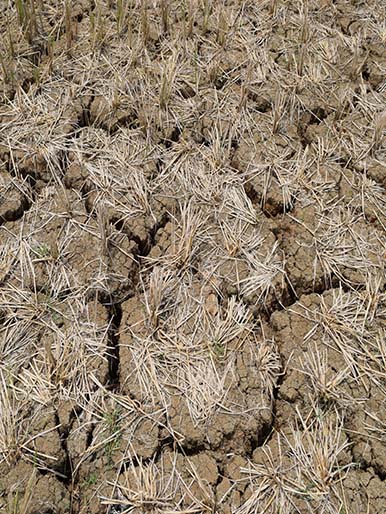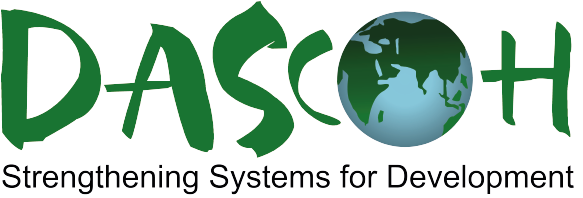
Climate Change and Disaster
Bangladesh consists is among the countries most vulnerable to the effects of climate change. It has been subjected to natural hazards, regardless of climate change, but global warming is leading to deadlier disasters and threatening more lives. The geography, dense population and extreme poverty make Bangladesh more vulnerable to disasters and tropical cyclones are estimated to seriously affect agriculture, water, livelihood and food security, and health and shelter for many decades to come. Bangladesh government has identified floods, cyclones, droughts, tidal surges, tornadoes, earthquakes, river erosion, water logging, rising water and soil salinity as major hazards. The sustainability of groundwater use for drinking water and irrigation in North West Bangladesh is a particular area of concern. Population pressure, food insecurity and the over exploitation of ground water rice cultivation has placed additional stress in the Barind Area where reduced surface water flows from upstream tributaries and below average rainfalls have made existing livelihood patterns unsustainable. In addition, solid waste is increasingly impacting the environment. In conclusion, Bangladesh's socio-economic development has been adversely affected by climate change. As per the Climate Risk Index 2021, Bangladesh was the 7th most climate-affected country from 2000-2019




